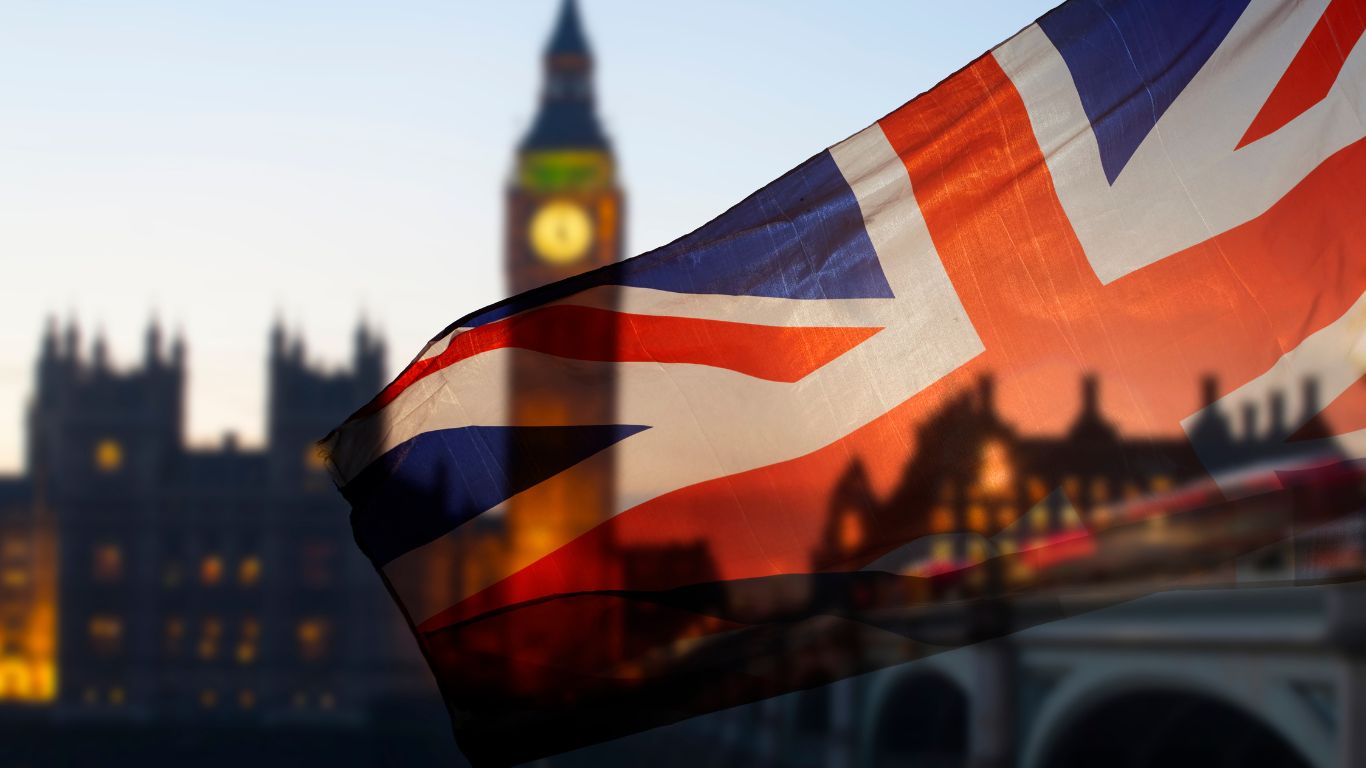
The 2024 Budget, presented by Chancellor Rachel Reeves on 30 October 2024, marks Labour’s first major financial blueprint since their electoral victory earlier this year. It outlines ambitious measures to bolster the NHS, invest in infrastructure, and reform the tax system while introducing new policies to address living standards, business growth, and public spending. Here’s a breakdown of the critical updates from this landmark budget:
1. Historic Investment in Public Services
The government has committed a staggering £22.6 billion investment in the NHS over the next two years—the largest funding increase since 2010, excluding the pandemic years. This funding will allow:
- 40,000 additional elective appointments weekly to reduce waiting times.
- Upgrades to GP facilities and the establishment of new surgical hubs and diagnostic centres.
- Overall, NHS funding is set to rise by 4.7% this year, supporting long-term healthcare improvements.
Increased investment also benefits education, while defence spending will grow by £2.9 billion next year to strengthen national security.
2. Enhancing Living Standards
The government is focused on protecting working people and pensioners with several key measures:
- Minimum Wage Hike: The over-21 National Living Wage will rise to £12.21 per hour from April 2025, equating to an annual increase of £1,400 for full-time workers.
- State Pension Growth: A 4.1% rise, reinforcing the triple lock commitment.
- Fuel Duty Relief: The 5p reduction in fuel duty has been extended for another year to support motorists.
- Carer Allowance Threshold: This will increase to £195/week, broadening eligibility for caregivers.
3. Tax Reforms for Individuals
Several notable changes aim to increase fairness and stability in personal taxation:
- Income Tax & National Insurance: Rates remain unchanged, with income tax bands to adjust for inflation post-2028.
- Capital Gains Tax: The basic rate will rise to 18%, while the higher rate will increase to 24% on share profits.
- Inheritance Tax Freeze: Thresholds remain frozen until 2030, while unspent pension pots will face taxation starting 2027.
- Farmland Inheritance Exemptions: Set to be reduced beginning in 2026.
4. Supporting Businesses and Economic Growth
Measures to protect and promote businesses include:
- Employment Allowance: Increasing from £5,000 to £10,500, offering relief to smaller businesses.
- Business Rates Relief: Retail, leisure, and hospitality businesses receive a 40% reduction in their rates, capped at £110,000.
- Small Business Multiplier Freeze: Protects over 1 million properties from inflationary increases for one year.
- Corporation Tax: Remains at 25%, maintaining competitiveness within the G7.
In addition, the government has increased the Private Equity Tax to 32%, reflecting its focus on equitable contributions from high earners.
5. Infrastructure Investment
The government has pledged over £100 billion in infrastructure upgrades, including:
- Repairs for over 1 million potholes to improve road conditions.
- Upgrades to HS2 and Transpennine rail routes to enhance connectivity.
- A boost to digital infrastructure to ensure nationwide access to high-speed broadband.
Transport measures also include a rise in the bus fare cap to £3 for single fares outside London starting January and a significant 50% increase in Air Passenger Duty for private jets in 2026.
6. Taxation on Vices and Lifestyle Changes
Several changes in taxation target lifestyle products:
- Vaping Tax: A new levy of £2.20 per 10ml will commence in October 2026.
- Tobacco Taxation: Rates will rise with inflation, while the tax on draught drinks will drop by 1.7%.
- Sugar Tax Expansion: A review will explore extending the tax to include milk-based drinks.
7. Housing and Local Councils
Housing reforms focus on affordability and fair access:
- Stamp Duty Changes: Surcharge on second homes rises to 5%, while the main home threshold drops to £125,000 in April.
- Social Housing Rent Cap: Rent increases above inflation will be permitted.
- Right to Buy Discounts: Discounts for social housing tenants will be reduced.
Additionally, local councils will retain full Right to Buy proceeds from next month, receiving an extra £1.3 billion in funding to address local priorities.
8. Fair and Responsible Taxation
The government is reforming the tax system to close loopholes and ensure stability:
- New Fiscal Rules: These will ensure borrowing is limited to investments, with public sector debt set to decrease over time.
- HMRC Efficiency: Improved operations will result in more funds for public services and economic development.
What This Budget Means for You
The 2024 Budget strikes a balance between immediate relief and long-term investments in public services, infrastructure, and business growth. Whether you’re a homeowner, business owner, or taxpayer, these changes could significantly impact your finances.
For tailored advice on how the 2024 Budget affects you or your business, LDN Financial Limited is here to guide you, leading accountants and tax advisors in Leyton.
💼 Contact us today at www.ldnfinancial.com or call 020 4619 7660 for expert financial solutions and personalised support. Together, we can navigate these changes with confidence! Our office address – 252 High Rd. Leyton, London E10 5PW




